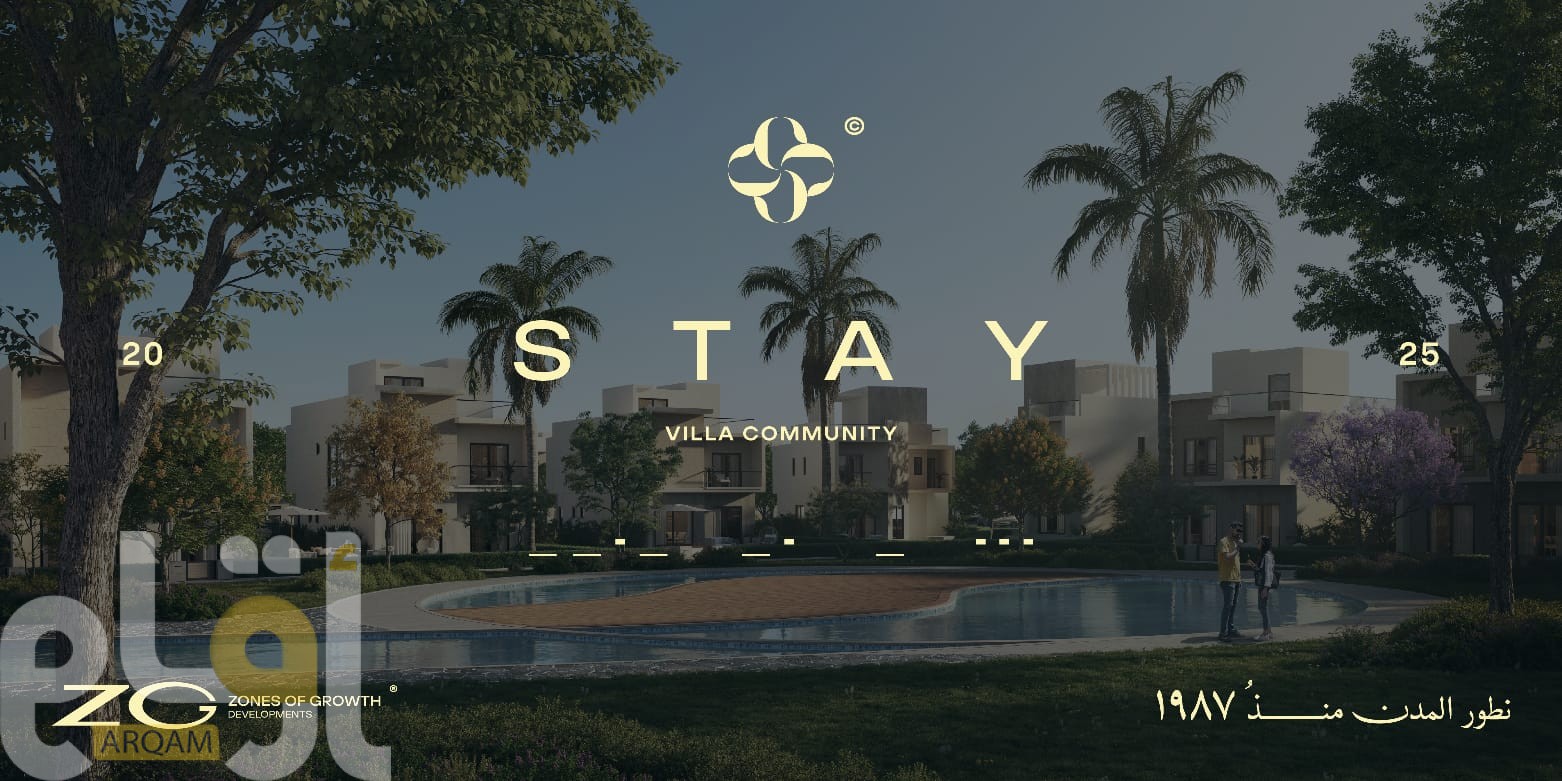Since embarking on my journey in Dubai’s real estate market in 2005, I have witnessed the evolution of the real estate industry into a global powerhouse, renowned for its dynamism and innovation.
However, amidst our achievements, a critical issue has emerged, tarnishing the integrity of our market: the practice of kickbacks in real estate transactions.
Agents endure long hours in the heat to secure properties for buyers, only to have their efforts diminished by demands to give up a significant part of their commission. I have seen agents spending months doing viewings and meetings, only to then offer or be asked for a kickback by clients. This situation compels us to reflect on our values. The hard work and dedication of agents, essential to our profession, are being compromised by the unethical demand for kickbacks.
Blaming individuals in the context of kickback requests is complex. It is essential to consider the motivations behind such requests. Some buyers may not fully appreciate the value and effort that agents contribute to the property purchasing process. This lack of understanding can stem from various sources, including misconceptions about the role of agents and the challenges they face.
Alternatively, there could be instances where agents unintentionally encourage such requests by not effectively communicating their value to clients or by setting precedents in an attempt to secure transactions.
However, this does not justify the ethical breach that kickbacks represent.
Kickbacks, where buyers request a portion of the agent’s commission, devalue the agent’s work and expertise, degrading trust within the industry.
Real estate agents, who rely on commissions, face the risk of working for months without pay.
When a deal is finally closed, it represents their extensive effort, expertise, and negotiation skills. For clients to then request a share of the commission is not just disheartening but fundamentally unfair.
The demand for kickbacks suggests deeper issues, including a disconnect in how agents and clients perceive each other’s value. Some clients view agents as mere facilitators, overlooking the valuable insights, expertise, and negotiation skills they provide.
If agents offer kickbacks, it might reflect a lack of confidence in their value, highlighting the need for the industry to improve professional standards and self-esteem among agents.
Implementing a strict no-kickback policy is crucial for maintaining ethical standards and integrity in the real estate industry.
Such a policy protects agents’ professional dignity and educates clients on the significant value agents contribute. It underscores the importance of fair compensation for agents’ extensive work, much of which is unseen and uncompensated unless a sale is made.
Addressing kickbacks is a call to action for the industry to strengthen ethical practices, enhance client education, and recognize the vital role of agents.
Agents are more than facilitators; they are advisors, negotiators, and advocates for their clients.
As we move forward, we must collectively address and mitigate kickback requests, ensuring a fair, respectful, and ethically sound real estate market.
Dubai stands as a symbol of progress, innovation, and integrity, setting a global standard in ethics, morality, and professionalism.
As members of this esteemed community, all stakeholders must lead by example, working together to eliminate kickbacks.
Our actions and decisions could serve as a model for real estate markets worldwide. Let’s champion a cleaner, more ethical real estate industry, reflecting the excellence Dubai is known for.
My enduring love and passion for Dubai and its real estate industry drive me to advocate for improvement. The world is indeed watching us, looking to replicate our success. It’s our duty to set the standard for real estate excellence globally, demonstrating that integrity and fairness are not just ideals but the foundation of our professional practice.















